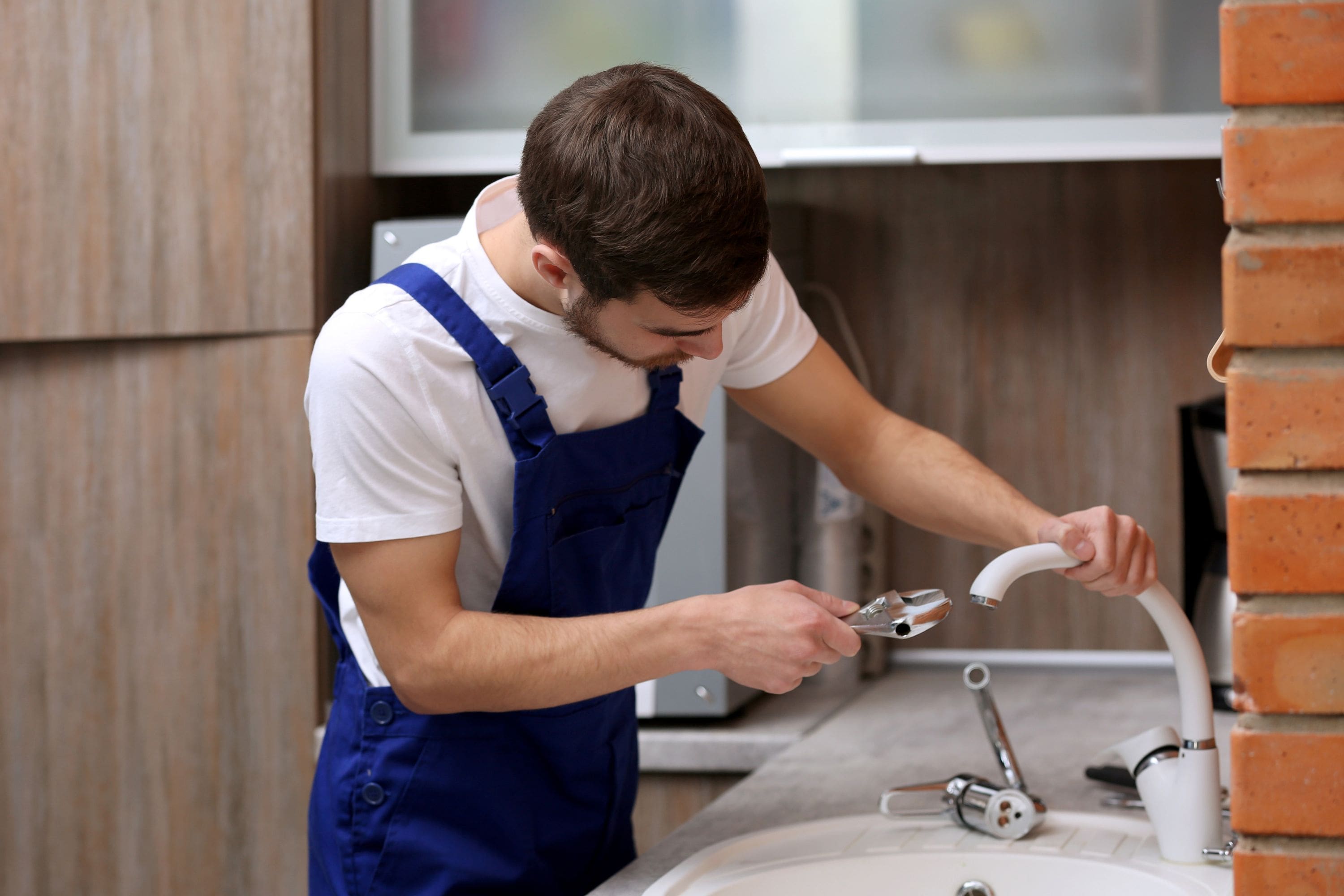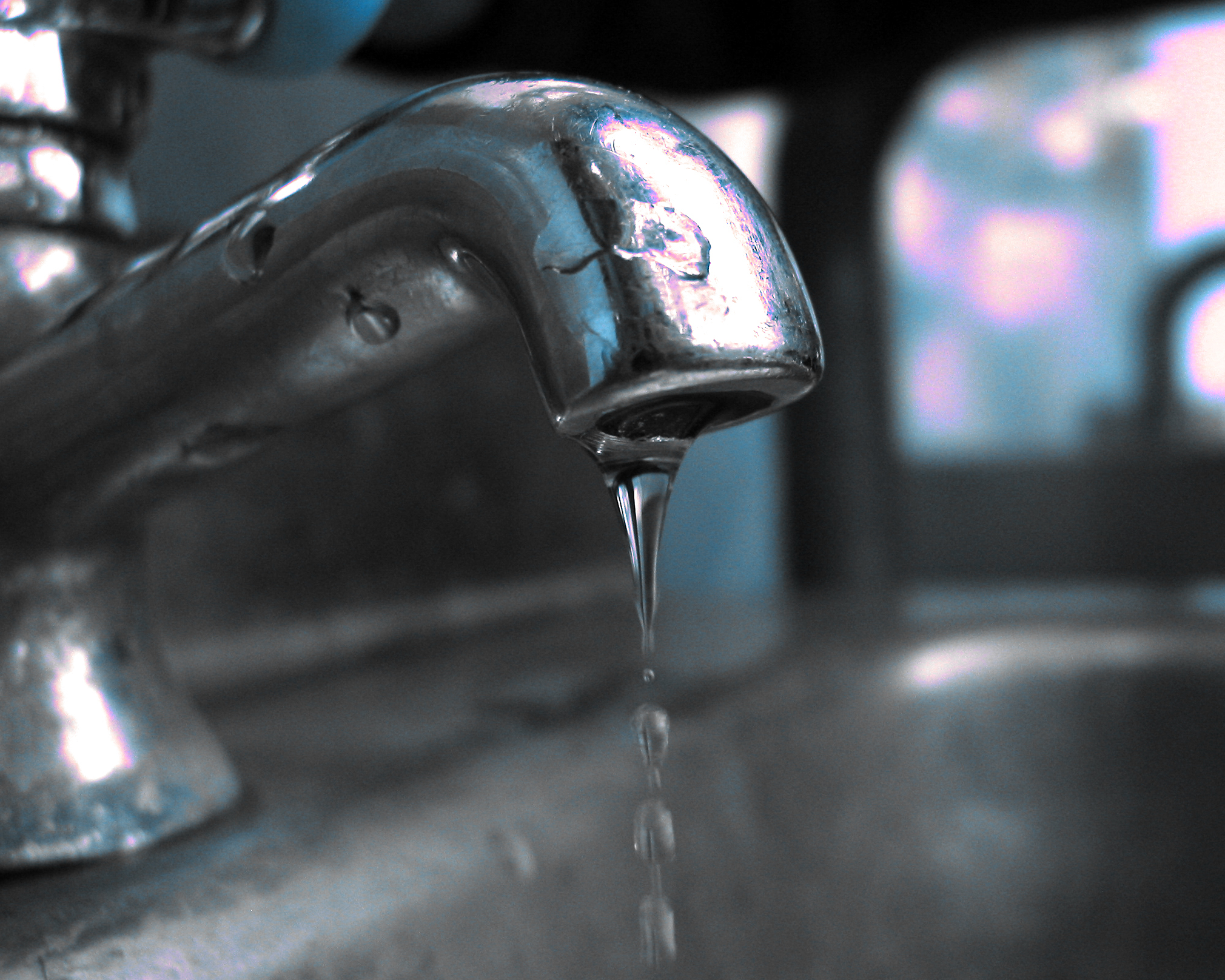Right here down the page you can discover some extremely good expertise on the subject of Why It's Important to Fix Leaky Faucets.

Trickling faucets could seem like a minor aggravation, but their effect surpasses just the nuisance of the audio. From wasting water to incurring unnecessary economic prices and health dangers, ignoring a leaking faucet can cause numerous effects. In this article, we'll delve into why it's essential to address this typical home problem immediately and successfully.
Waste of Water
Ecological Influence
Trickling taps contribute considerably to water waste. According to the Environmental Protection Agency (EPA), a solitary tap leaking at one drip per second can waste greater than 3,000 gallons of water each year. This not only strains water resources but additionally impacts communities and wild animals based on them.
Financial Costs
Raised Water Expenses
Beyond the ecological impact, trickling faucets can inflate water costs significantly. The gathered waste with time equates right into higher energy expenses, which might have been prevented with prompt repairs.
Prospective Home Damages
Moreover, extended trickling can lead to damage to components and surface areas bordering the faucet. Water accumulation can trigger discoloration, deterioration, and also structural problems if left neglected, causing added repair costs.
Health and wellness Problems
Mold And Mildew and Mold Development
The consistent existence of dampness from a dripping tap creates an optimal environment for mold and mold growth. These fungis not only jeopardize interior air quality however likewise pose health and wellness threats, particularly for individuals with respiratory system problems or allergies.
Waterborne Illness
Stationary water in trickling taps can become a breeding ground for germs and various other pathogens, increasing the risk of waterborne illness. Pollutants such as Legionella germs flourish in stagnant water, potentially resulting in major health problems when ingested or breathed in.
DIY vs. Expert Repair
Benefits and drawbacks of DIY Repair Work
While some might try to fix a leaking tap themselves, do it yourself repairs come with their own collection of challenges. Without proper understanding and tools, do it yourself efforts can worsen the concern or bring about incomplete repairs, prolonging the problem.
Benefits of Hiring a Professional Plumber
Hiring an expert plumber guarantees that the underlying reason for the dripping faucet is addressed properly. Plumbers have the experience and tools to identify and repair tap problems efficiently, conserving time and minimizing the threat of additional damages.
Step-by-Step Overview to Dealing With a Dripping Faucet
Devices Needed
Before trying to fix a trickling faucet, collect the required devices, including a flexible wrench, screwdrivers, substitute parts (such as washers or cartridges), and plumber's tape.
Usual Faucet Issues and Their Solutions
Recognize the kind of faucet and the particular concern causing the drip. Common problems consist of damaged washers, corroded shutoff seats, or malfunctioning O-rings. Refer to producer guidelines or on-line tutorials for detailed support on repair work.
Preventive Measures
Routine Maintenance Tips
To stop dripping taps, carry out regular maintenance such as cleansing aerators, examining for leakages, and replacing damaged parts without delay. Additionally, take into consideration installing water-saving gadgets or updating to more effective components.
Importance of Prompt Repair Works
Resolving leaking taps as quickly as they're discovered avoids further water wastefulness and prospective damage, ultimately conserving both water and money in the long run.
Influence On Property Worth
Understanding of Well-Maintained Residential Or Commercial Property
Maintaining a property in good condition, consisting of dealing with upkeep issues like leaking faucets, improves its regarded value and worth among prospective customers or renters.
Impact on Resale Value
Features with well-kept plumbing components, consisting of faucets, command higher resale values in the property market. Addressing dripping faucets can add to a favorable impact throughout residential or commercial property examinations and negotiations.
Environmental Responsibility
Individual Contribution to Conservation
Taking responsibility for repairing leaking faucets aligns with broader efforts toward water preservation and ecological sustainability. Every person's actions jointly make a substantial influence on maintaining priceless sources.
Sustainable Living Practices
By prioritizing punctual fixings and embracing water-saving habits, individuals contribute to lasting living methods that profit both present and future generations.
Final thought
Dealing with a dripping tap exceeds mere comfort; it's a vital step towards preserving water, minimizing monetary prices, and protecting wellness and residential property. Whether through DIY repairs or expert help, taking action to fix dripping taps is a tiny yet impactful way to promote liable stewardship of resources and contribute to a healthier, a lot more lasting future.
How to Fix a Leaky Faucet: Step-by-Step Repair Guide
A leaky faucet may seem like a simple annoyance, but if it's not fixed promptly, that leak could cost hundreds to potentially thousands. From water damage to mold, mildew, and high water bills, even a tiny leak can be catastrophic if left unattended. Damage like this can even affect the overall value of your home, so it's important to take the right approach for leaky faucet repair. You may need the help of a plumber in some cases, but we've got a few tips you can try on how to fix a leaky faucet before calling the pros.
Four Faucet Types
When you're learning how to fix a leaky faucet, the first step is knowing what kind of faucet you're working with! There are four common types.
Cartridge Faucets
Cartridge faucets come in one- or two-handled varieties. In one-handled cartridge faucets, hot and cold water combines in a single cartridge. In the two-handled versions, hot and cold water are controlled separately and mixed in the faucet.
Ball Faucets
Ball faucets have a single lever you push up and down to adjust the pressure and rotate to change the temperature. A slotted metal ball controls the amount of water allowed into the spout.
Compression Washer Faucets
They're the oldest type of faucet, but they're still used in many homes — especially older ones. Compression faucets have two separate handles that, when turned, raise or lower the washer that seals a water valve. This valve stops water from flowing through the faucet when it is turned off.
Disc Faucets
Disc faucets rarely need to be repaired due to their maintenance-free design. The water flow is controlled by two discs — the upper one raises and lowers against a fixed lower disc, creating a watertight seal. If your disc faucet starts leaking, you may need to replace the seals or clean residue buildup from the inlets.
Fixing a Leaky Faucet
Step 1: Turn Off the Water
Whether you're learning how to fix a leaky bathtub faucet or how to fix a leaky kitchen faucet, always turn off the water supply to your working area when you're fixing a leak. The last thing you want is a flood added to your list of things to fix.
Look for the shutoff valves below your sink or around the tub and turn them clockwise to stop the water flow. If your faucet doesn't have shutoff valves, you may need to turn off the water for the whole house. Check to make sure it's off by turning the faucet on. If nothing comes out, you're ready to start the repair.
Step 2: Take Apart the Faucet
How you disassemble your faucet depends on the type of fixture you have. You can use a flathead screwdriver to remove the caps on top of the handle or handles for cartridge and compression faucets. Inside, you should see handle screws. Unscrew these with a screwdriver to remove the handle.
Disc- and ball-style faucets will typically have an inlet screw near the handle, and removing that will reveal the interior of the faucet.
Detach the Valve Stem
For cartridge- and compression-style faucets, you'll see the inner valve stem or cartridge once you remove the faucet handles. If you have a compression faucet, unscrew the brass valve stem. If you have a cartridge faucet, pull out the cartridge. If your cartridge has been in place for a while, it may require some tools or extra force to remove it due to mineral deposits.
Examine and Replace Parts
Once you've removed the parts, check them out to confirm what needs to be replaced. You may see corroded rubber washers, O-rings, stems, or cartridges. On a ball-style faucet, check the seats and springs for damage.
If you need to repair a leaky disc faucet, check the inlet and seals on the lower disc.
Once you determine what parts must be replaced, visit your local hardware store. Bring the damaged parts with you to ensure you can purchase the correct components to replace them.
Clean Valves and Faucet Cavity
If you've removed a stem or cartridge, you may notice mineral buildup in the faucet's threads. Use white vinegar to clean the valve seat by soaking it for a few minutes, then scrub it away with a soft toothbrush and rinse with warm water. You can also clean the interior of the faucet in the same way.
Reassemble the Faucet
Once your faucet is cleaned and the required parts have been replaced, it's time to reassemble it. Put the pieces back together and slowly turn the water supply back on. Doing this slowly is crucial because too much initial water pressure can damage the new hardware you've just installed.
https://homewarranty.firstam.com/blog/how-to-fix-leaky-faucet

I found that page about while doing a lookup on the web. Do you know about somebody else who is fascinated about the niche? Do not hesitate to promote it. I love your readership.